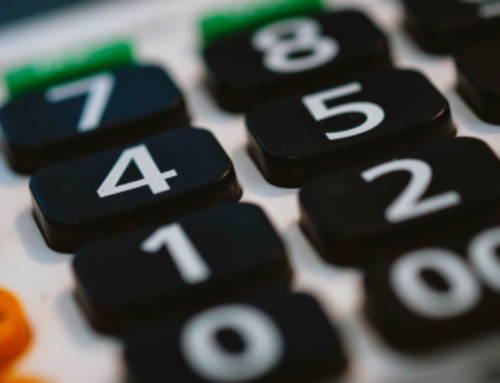If You Wanna Be Successful, Learn To Be Financially Literate
The Spice Girls were the epitome of confidence and femininity in the late 1990s. Who could forget the catchy song “Wannabe”? The Englishwomen in the group were not afraid to speak their minds—as the lead singer sang, “I’ll tell you what I want, what I really really want.” And as more women become empowered, they are living the lyrics in the hook-filled chorus.
The tune popped into my head as the end of Women’s History Month approaches. Woman want the following:
Sustainable Diversity and Inclusion
As of March 2017, women made up 47% of the workforce in the United States, owned close to 10 million businesses, and were the sole or primary breadwinners for 40% of families with children under 18. In the 40 years between 1975 and 2015, the number of women with children under 18 participating in the workforce increased 23 percentage points (from 47% to 70%). During that same period, the number of women with college degrees increased 33 percentage points (from 14% to 41%), and by 2015, women held 52% of all managerial and professional jobs.
Commitment to Reducing the Gender Wage Gap
Though more women are starting to out-earn their significant others, the overall gender wage gap is still almost 22%, with women earning only 78% of what men make. Women tend to spend fewer years in the labor force (often for lower pay), less time in their workweeks, and more years alone at the end of their lives.
Lower wages, less cumulative time in the workforce, and work and pay gaps associated with exiting and reentering the workplace mean women tend to have lower Social Security balances, reduced assets, smaller pensions, and fewer opportunities to save money or contribute to retirement plans. Longer life expectancy mean that their money needs to sustain them for longer periods of time.
Many women are finding themselves unprepared to meet the financial challenges of retirement. It doesn’t have to be that way. By developing a long-term, disciplined approach to financial planning, women can ensure the money they work hard for during their earning years will work hard for them throughout their retirement.
Financial Literacy
Financial literacy is the process of understanding all aspects of money, such as taxes, savings, bills, retirement, budgeting, paying for school, and investing. A study by the FINRA Foundation estimated that nearly two-thirds of Americans couldn’t pass a basic financial literacy test. According to the study, Americans have low levels of financial literacy and have difficulty applying financial decision-making skills to real-life situations.
How Do Women Become More Financially Literate?
Not fake news: Read more newspapers from a variety of sources to understand what is going on in the world and how it applies to you. Look at the money or business sections of magazines, newspapers, and reputable online sites such as The Wall Street Journal, Forbes, and Kiplinger Report, among others.
Money lingo: Educate yourself about terms you don’t understand such as reverse mortgages, green bonds, or anything else that sounds unfamiliar to you. A simple Google search can teach you a great deal about financial talk. Visit https://www.usa.gov for information on financial assistance, tax questions, unemployment, and the like.




